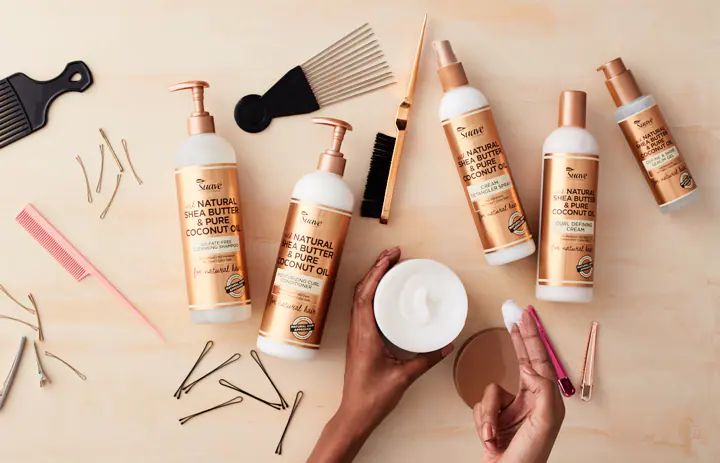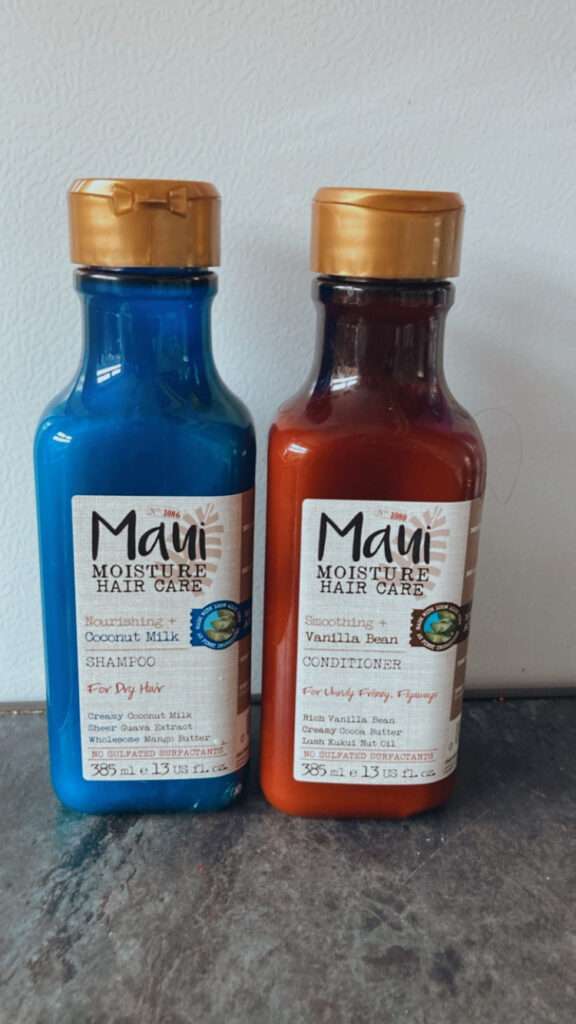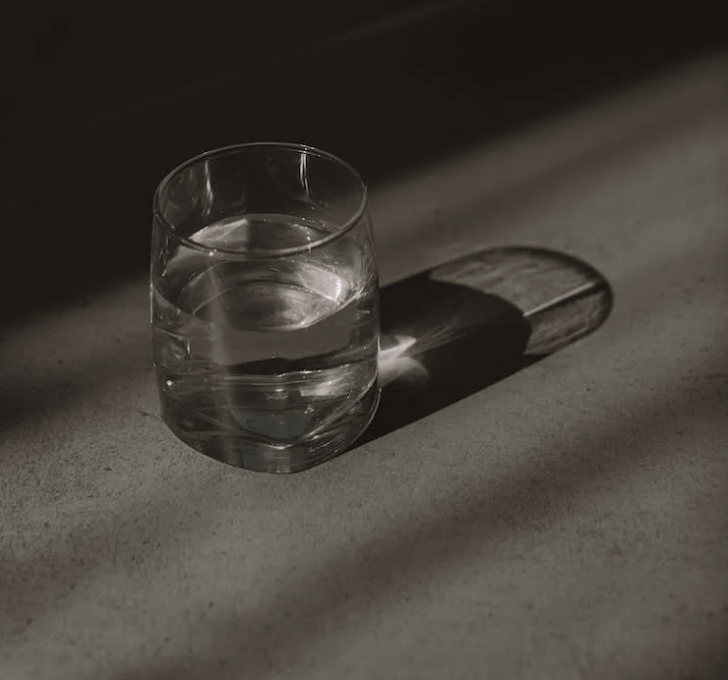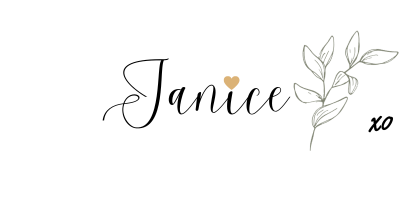Who doesn’t dream of having luscious, healthy hair that turns heads wherever you go? Achieving and maintaining healthy hair involves a combination of good habits, a balanced lifestyle, and proper care. In this blog post, we’ll explore some tried-and-true tips for promoting the health and vitality of your precious locks.

- Nutrition Matters:
Your hair reflects your overall health, and a well-balanced diet is the foundation for healthy hair. Ensure you’re getting enough vitamins, minerals, and proteins. Include foods rich in biotin, vitamins A and E, iron, and omega-3 fatty acids. A nutrient-rich diet nourishes your hair from the inside out.
- Stay Hydrated:
Proper hydration is essential for overall health, and your hair is no exception. Drink an adequate amount of water daily to keep your hair and scalp hydrated. This has always been important to me because dehydration can lead to dry and brittle hair, so make water your go-to beverage.
- Gentle Cleansing:
Choose a sulfate-free, mild shampoo to cleanse your hair. Washing too frequently can strip your hair of its natural oils, so find a balance that works for your hair type. Condition regularly, focusing on the ends, to keep your hair moisturised and manageable.
- Mindful Styling:
Limit the use of heat styling tools like straighteners and curling irons, as excessive heat can damage the hair shaft. When styling, use a heat protectant spray to minimise the impact. Consider air-drying your hair whenever possible to reduce heat exposure.
- Regular Trims:
Keep split ends at bay by scheduling regular hair trims. This not only helps maintain your hair’s health but also promotes growth by preventing split ends from traveling up the hair shaft.
- Protective Hairstyles:
Give your hair a break from constant styling by incorporating protective hairstyles like braids or buns. These styles minimise exposure to environmental factors and reduce the risk of breakage.
- Avoid Tight Hairstyles:
Tight hairstyles, such as high ponytails or buns, can cause stress on the hair shaft and lead to breakage. Opt for looser styles to prevent unnecessary damage.
- Silk Pillowcases:
Upgrade your sleep routine by using a silk or satin pillowcase. Unlike cotton, these materials reduce friction, preventing hair breakage and split ends while you sleep.
- Natural Sun Protection:
Just as you protect your skin from the sun, your hair needs shielding too. Wear a hat or use UV protection sprays when spending extended periods in the sun to prevent sun damage.
- Stress Management:
Chronic stress can take a toll on your hair health. For me I make sure I keep my levels at point so by Incorporate stress-reducing practices such as meditation, yoga, or deep breathing exercises into your routine to promote overall well-being.
Essential Oils:
Incorporate essential oils like coconut oil, jojoba oil, or argan oil into your hair care routine. These oils provide deep conditioning, nourishment, and can help combat dryness. Apply a small amount to the ends of your hair or create a homemade hair mask for an added boost.
2. Hydration: Drink Your Way to Gorgeous Locks:
- Diet and Nutrition: A balanced diet rich in vitamins and minerals, especially biotin, vitamin E, and omega-3 fatty acids, can promote hair health. Include foods like salmon, nuts, leafy greens, and eggs in your diet.
- Hydration: Proper hydration is essential for healthy hair. Drink plenty of water to keep your hair and scalp hydrated.
- Regular Washing: Maintain a clean scalp and hair by washing them regularly. The frequency may vary depending on your hair type and lifestyle. Overwashing can strip natural oils, so find the right balance.
- Gentle Shampoo and Conditioner: Use a mild, sulfate-free shampoo and conditioner suitable for your hair type. Avoid products with harsh chemicals that can damage your hair.

- Scalp Care: A healthy scalp is crucial for healthy hair. Gently massage your scalp while shampooing to stimulate blood flow and remove dead skin cells. Consider using a scalp treatment if you have specific issues.
- Avoid Hot Water: Hot water can strip your hair of natural oils. Use lukewarm or cool water when washing your hair.
- Protection from Heat: Limit the use of heat styling tools like straighteners and curling irons. When you do use them, apply a heat protectant spray first.
- Minimise Hair Coloring: Frequent hair coloring or harsh chemical treatments can weaken and damage your hair. Opt for ammonia-free and low-peroxide dyes.
- Regular Trimming: Getting regular haircuts helps prevent split ends and breakage, promoting healthier hair growth.
- Protect Your Hair from the Sun: Prolonged sun exposure can damage hair. Use a hat or hair products with UV protection to shield your hair from the sun’s harmful rays.
- Avoid Over-brushing: Excessive brushing can damage hair, especially when it’s wet. Use a wide-toothed comb to detangle gently.
- Avoid Tight Hairstyles: Tight ponytails, braids, or hairstyles that pull on the hair can lead to breakage. Opt for looser styles and avoid using elastic bands with metal clasps.
- Use Silk or Satin Pillowcases: These materials reduce friction and help prevent hair from becoming tangled and damaged while you sleep.
- Manage Stress: High stress levels can lead to hair problems. Practice stress-reduction techniques like meditation, yoga, or deep breathing exercises.
- Regular Exercise: Exercise promotes good circulation, which is beneficial for hair growth. It also helps reduce stress.
- Avoid Smoking and Excessive Alcohol: Smoking and excessive alcohol consumption can negatively impact hair health. Reducing or quitting these habits can benefit your overall well-being.
- Use Natural Hair Masks: Apply natural hair masks like coconut oil, avocado, or aloe vera to nourish and hydrate your hair.
- Avoid Excessive Hair Products: Using too many styling products can weigh down your hair and lead to product buildup. Use them sparingly and opt for lightweight, natural options.
- Consult a Professional: If you have specific concerns about your hair or scalp, consult a dermatologist or a professional hair care specialist for personalised advice and treatment options.
Remember that achieving and maintaining healthy hair takes time and patience. It’s essential to tailor your hair care routine to your specific hair type and needs. Implementing these tips will help you keep your hair looking and feeling its best. Most importantly is drinking lots of water that will keep your hair looking healthy and shiny.

Healthy hair is a reflection of your overall well-being, and with a few simple adjustments to your routine, you can achieve the gorgeous locks you’ve always dreamed of. From nourishing your body with the right nutrients to adopting gentle hair care practices, these tips will guide you on the path to vibrant, healthy hair. Embrace the journey to beautiful locks and enjoy the confidence that comes with a head of hair that radiates health and vitality.
MORE PICKS


Leave a Reply